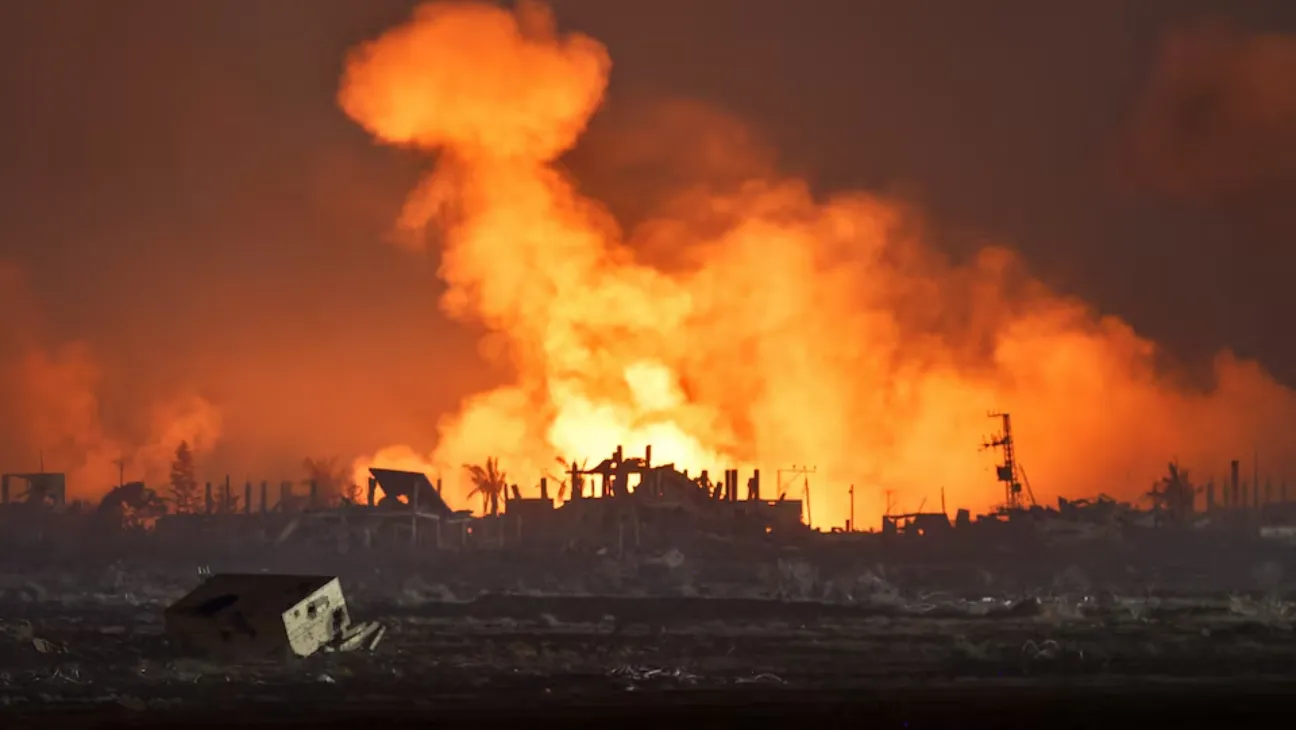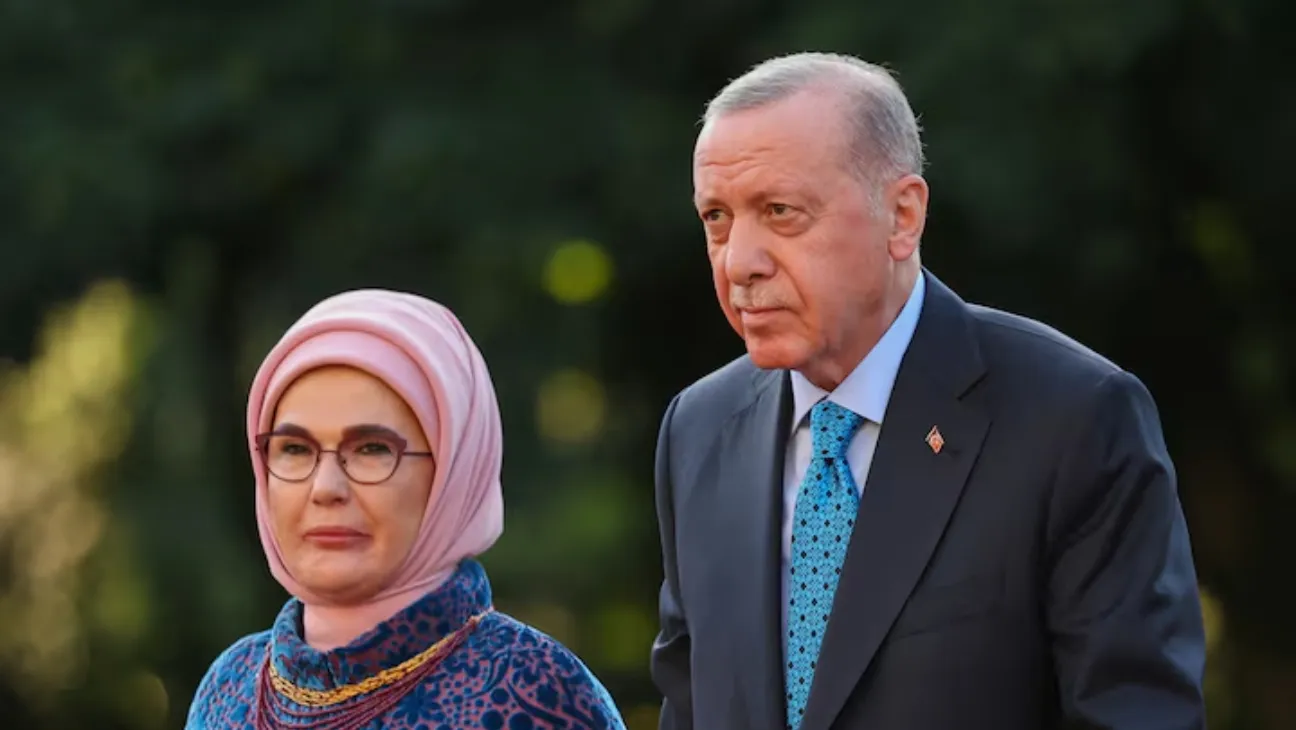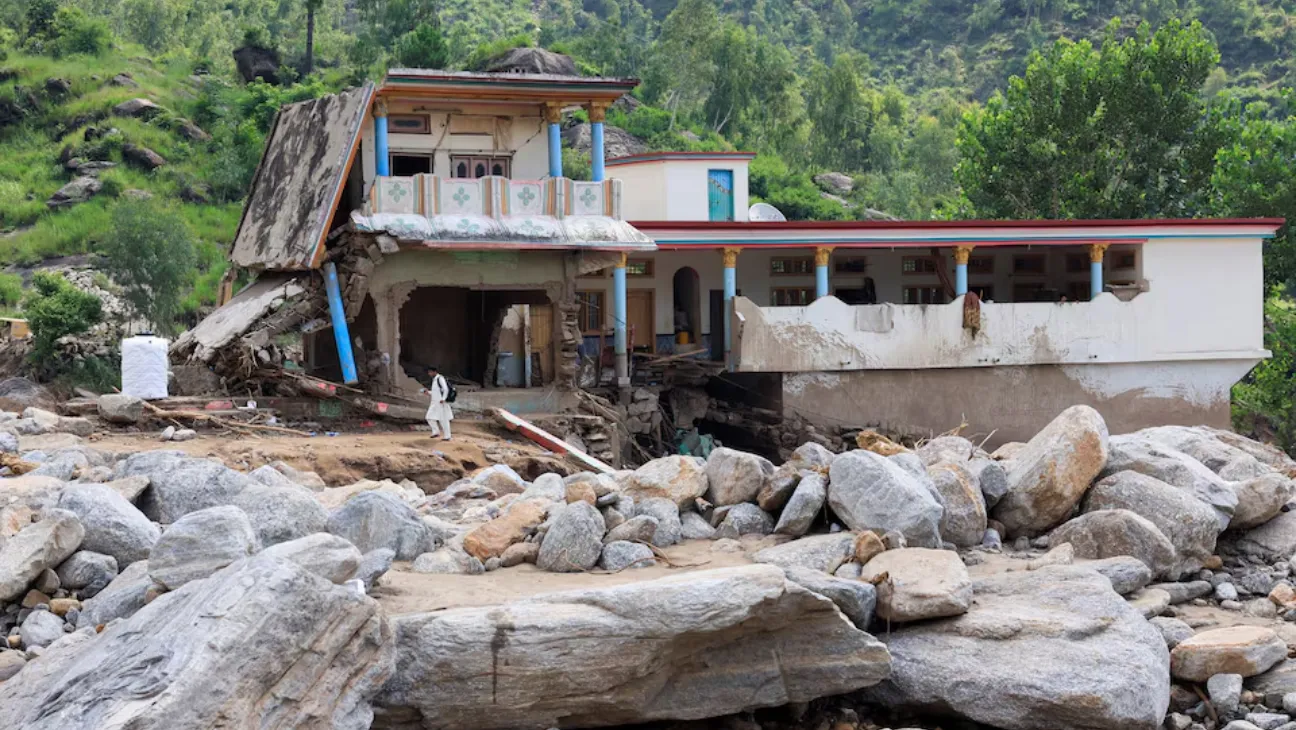The United States and Israel pulled their negotiation teams out of Gaza ceasefire talks on Thursday, dealing a blow to mediation efforts aimed at halting the ongoing war and securing the release of hostages.
U.S. envoy Steve Witkoff said Hamas was not acting in good faith.
“We will now consider alternative options to bring the hostages home and try to create a more stable environment for the people of Gaza,” he posted on X.
The move follows weeks of attempts to broker a ceasefire and comes as conditions for civilians in Gaza deteriorate.
Hamas, in a statement early Friday, expressed surprise at Witkoff’s comments. The group insisted its position had been positively received by mediators.
“The movement affirms its keenness to continue negotiations,” the statement read, adding that it remained committed to reaching a permanent ceasefire.
An Israeli official involved in the talks said Hamas’ most recent response left little room for progress unless the group made further concessions.
Both sides are under growing pressure.
For many in Gaza, hunger has become a brutal daily reality, and in recent weeks, it has started to claim lives. Local health officials say dozens have now died from starvation.
Also Read: Gaza Airstrike Kills Al-Shaer Family, Aid Groups Warn of Worsening Starvation
Thursday provided another heartbreaking illustration of this crisis, as the Gaza Health Ministry confirmed two more people had succumbed to malnutrition. According to doctors at Shifa Hospital, the victims were already battling other illnesses, and the lack of food was the final, fatal blow.
British Prime Minister Keir Starmer called the situation “unspeakable” and said Gaza was facing an indefensible humanitarian catastrophe. He plans to speak with French and German counterparts to explore ways to stop the violence and get food to those in need.
Earlier Thursday, there had been signs of hope. A Hamas official told Reuters that a deal was still possible but blamed Israeli stalling.
Israeli media also hinted that a new draft proposal showed promise. But differences remain. Among them: where Israeli troops would be stationed during any ceasefire.
The Hostages Families Forum, which represents relatives of those held in Gaza, voiced alarm over the Israeli delegation’s exit.
“Each day that passes endangers the hostages’ chances of recovery,” the group said in a statement.
Meanwhile, concerns have surfaced over how humanitarian aid is being distributed.
Women collecting food in Gaza on Thursday said U.S. contractors sprayed tear gas and pepper spray at them.
“The Americans said ‘go, go,’ then told us to get back,” said Mervat al-Sakani. “They sprayed us and then used tear gas. Is this American humanitarian aid?”
A spokesperson for the Gaza Humanitarian Foundation, which is U.S.- and Israeli-backed, said pepper spray was used briefly to avoid injury from overcrowding. They described the women-only distribution model as a success.
ALSO READ | Israeli Tanks Enter Deir al-Balah, Over 130 Palestinians Killed
Still, the U.N. has criticized the GHF’s approach as unsafe and contrary to aid neutrality standards.
According to U.N. data, at least 875 people have been killed near aid sites or convoys in the past six weeks. Many of the deaths occurred around GHF distribution points.
Locals blame gunfire from Israeli forces. The Israeli military says civilians were harmed and that new operational instructions have been issued.
Israel, which blocked all supplies to Gaza in early March before reopening access in May under new rules, insists it allows enough aid in.
The U.N. disagrees. It says its ability to deliver food remains limited by Israeli restrictions.
The war, now approaching its second year, began with Hamas’ October 7 attack, which killed 1,200 people and resulted in 251 hostages, according to Israeli data.
Since then, nearly 60,000 Palestinians have been killed, according to the Gaza Health Ministry.









